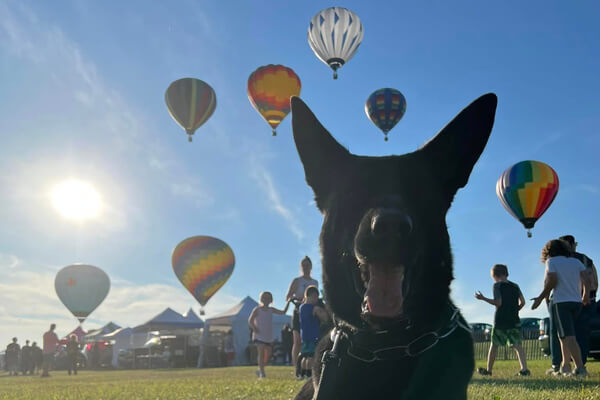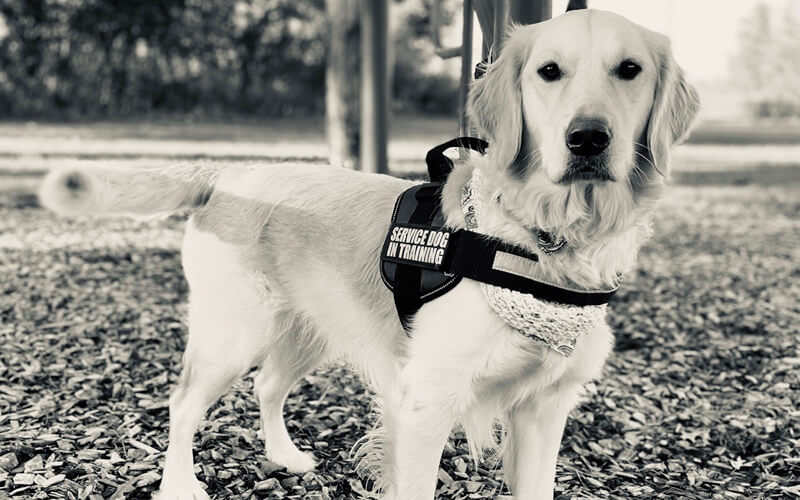At no cost to qualified Veterans, we educate and train Psychiatric Service Dog Teams to have a fulfilling and meaningful life in the community of their choice.
Helping veterans win the war against suicide, depression and anxiety by empowering them with the use of a service dog.
 We offer classes for our veterans. We conduct our class sessions based around training in small groups providing an open, communicative environment while building and strengthening our bonds and camaraderie. Our support continues long after the classes are finished. Donate
We offer classes for our veterans. We conduct our class sessions based around training in small groups providing an open, communicative environment while building and strengthening our bonds and camaraderie. Our support continues long after the classes are finished. Donate 
Check Out Our Graduating Teams
View Teams
“17 Per Day…1 every 85 minutes…6000 per year (estimated veteran suicides)”
– va.gov
“Service dogs offer an alternative to traditional treatments as highly trained companions that provide emotional support to veterans suffering from PTSD.”
– Heritage.org